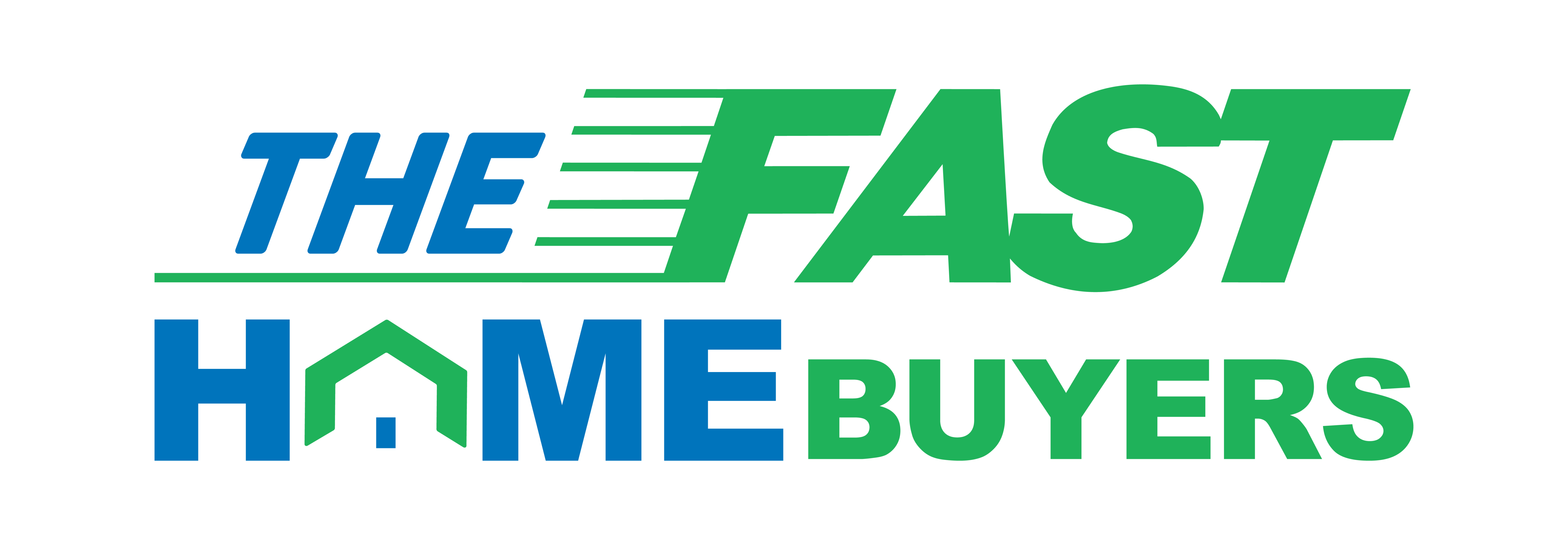
When local Florida homeowners face financial challenges, they may be at risk of foreclosure. This occurs when the homeowner is unable to repay the mortgage loan, and the bank begins the process of taking ownership of the property to recoup its losses.
If you find yourself in this situation, you may wonder if there are any options available to prevent foreclosure. Fortunately, there are several foreclosure prevention measures available in Florida that you can consider to keep your home.
In this blog post, we will discuss a few of these measures that can help you prevent foreclosure. By taking action to address your financial challenges and seeking assistance from professionals, you may be able to avoid losing your home.
Foreclosure prevention measures in Florida
It’s important to note that not all foreclosure prevention measures may be effective for your specific situation. However, it’s essential to be aware of these options, so you can make an informed decision about the best course of action to take. By exploring these measures and seeking guidance from qualified professionals, you can increase your chances of preventing foreclosure and keeping your home.
1. Pay off your mortgage / sell your property.
Paying off your mortgage is indeed the fastest and most straightforward way to halt the foreclosure process. This is because the primary goal of the bank is to recover the money it lent you in the first place, and if you can pay off the mortgage, they may be willing to let you stay in your home.
However, it’s important to note that paying off the mortgage is not always possible, which is likely the reason why you are facing foreclosure in the first place. If paying off your mortgage is not feasible, there are other steps you can take to prevent foreclosure, such as negotiating a loan modification, selling your home, or seeking assistance from a foreclosure prevention program. It’s crucial to explore all available options and seek guidance from professionals to determine the best course of action for your unique situation.
2. Work out a deal with your bank.
Negotiating a loan modification with your bank is another option to prevent foreclosure. By working with a mortgage or foreclosure specialist, you can discuss changing the structure of your mortgage to make it more affordable and manageable. For instance, you may be able to arrange for lower monthly payments by extending the loan’s term or adjusting the interest rate.
It’s important to note that any loan modification must be in your best interest and should not simply repeat the process that led you to foreclosure. You should carefully review the terms and conditions of any proposed modifications to ensure that they align with your financial goals and long-term plans. Seeking guidance from a qualified professional can be helpful in negotiating a loan modification that works for you.
3. Do a short sale.
Another option to avoid foreclosure is to sell your property through a short sale. In a short sale, you sell the property and use the proceeds of the sale to pay down or pay off the outstanding mortgage balance with the bank. This can prevent foreclosure from negatively impacting your credit score and relieve you of the burden of dealing with the bank.
It’s important to note that short sales can be a complicated and time-consuming process, and they may not always be the best option depending on your specific situation. If you are considering a short sale, it’s essential to work with a qualified real estate agent or short sale specialist who can guide you through the process and negotiate with the bank on your behalf.
4. Give your deed in lieu.
A deed-in-lieu-of-foreclosure is another option to consider if you are facing foreclosure. In this scenario, you voluntarily transfer ownership of your property to the bank in exchange for them agreeing not to pursue foreclosure. This option may only be viable if your home’s current value is close to the amount owed on your mortgage. If your property’s value is less than the mortgage balance, the bank may pursue the difference from you.
It’s essential to note that a deed-in-lieu-of-foreclosure may still have a negative impact on your credit score and financial future, and you should carefully weigh the pros and cons before pursuing this option. Working with a qualified real estate or foreclosure specialist can help you determine whether a deed-in-lieu-of-foreclosure is the right choice for your situation.
5. File for bankruptcy.
Bankruptcy is another option that can prevent foreclosure, but it may have a more significant impact on your overall financial health than foreclosure alone. Filing for bankruptcy can stop the foreclosure process, providing you with additional time to catch up on missed mortgage payments, but it may also result in the loss of assets and a long-term negative impact on your credit score.
If you can afford mortgage payments and want to keep your home, negotiating a foreclosure workout arrangement with the bank may be the best option for you. This may involve a loan modification or other arrangements that make the mortgage more affordable and manageable. It’s important to work with qualified professionals to evaluate your options and determine the best course of action for your unique situation.
If you want to put everything behind you and move on with your life then consider selling your home and paying off your mortgage with that money.

